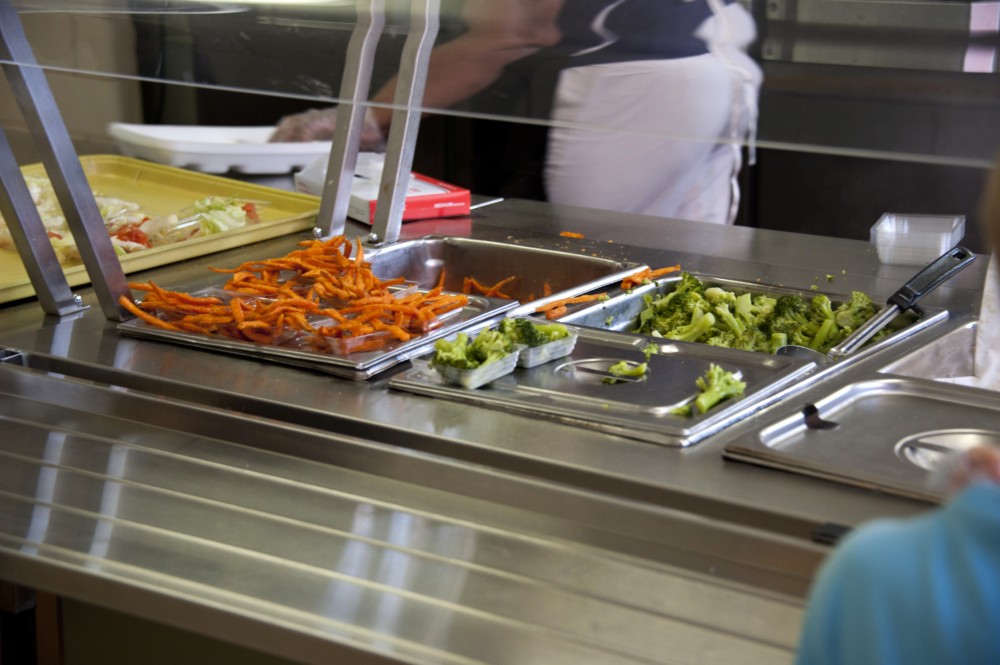
Plant-Based Meals Must Be Available to Inmates Without Declaration of Religious Affiliation
On Jan. 24, a California state court handed a victory to plant-based inmates and advocates seeking enforcement of a law requiring California prisons to provide inmates with plant-based meals. The 2018 law, SB 1138, championed by the Physicians Committee for Responsible Medicine, a not-for-profit organization with more than 17,000 doctor members, places an inmate’s entitlement to plant-based meals on equal footing with the fundamental right to basic human necessities, such as bedding, clothing, and other wholesome food.
The court’s ruling ensures that inmates are no longer asked to declare a religious affiliation before receiving plant-based meals. California Superior Court Judge Chang found that the California Department of Corrections and Rehabilitation (CDCR) was, “collecting information on the religious affiliation of inmates who request the plant-based diet, in direct contravention of” state law. “This activity must cease,” she said.
The lawsuit, sponsored by the Physicians Committee and brought in the name of inmates denied plant-based meals in California prisons, sought to remove obstacles preventing inmates from receiving plant-based food. The CDCR has for almost two years improperly asked inmates to disclose a religious affiliation when they request plant-based meals. This process unlawfully deterred inmates from exercising their statutory entitlement to meals free from animal products.
“Nourishing plant-based meals should be a right for ethical reasons, health reasons, religious reasons, or for no reason at all. This court decision clarifies that the California law is an unqualified mandate. Anyone who wants plant-based meals gets plant-based meals,” said Physicians Committee President Neal Barnard, MD, FACC.
Beyond ensuring that prisons provide for the dietary needs and preferences of inmates, offering plant-based meals is cost-efficient. Susan Levin, MS, RD, CSSD, director of nutrition education for the Physicians Committee, explained, “Providing plant-based meals won’t just help inmates fight obesity, diabetes, and heart disease—it could save prisons thousands of dollars a year in food and health care costs.” St. Joseph Health System in Sonoma County, Calif., reports, “Vegetarian entrées cost about 50% less than meat entrées.”
Founded in 1985, the Physicians Committee for Responsible Medicine is a nonprofit organization that promotes preventive medicine, conducts clinical research, and encourages higher standards for ethics and effectiveness in research.

